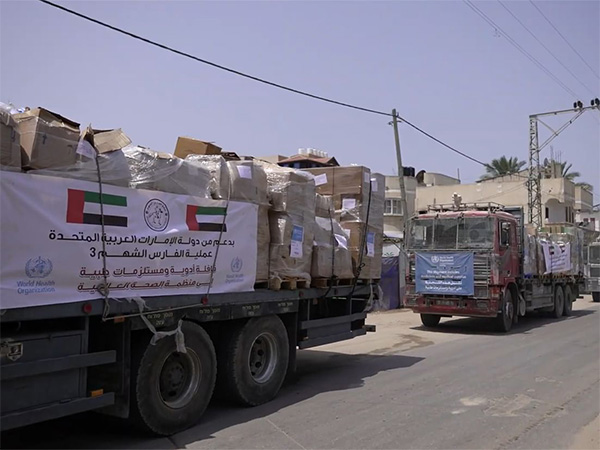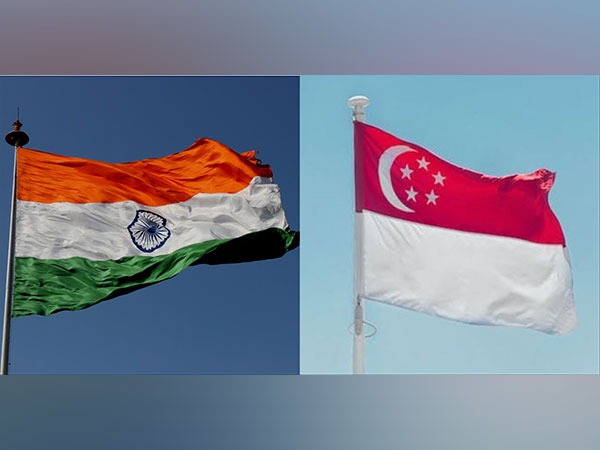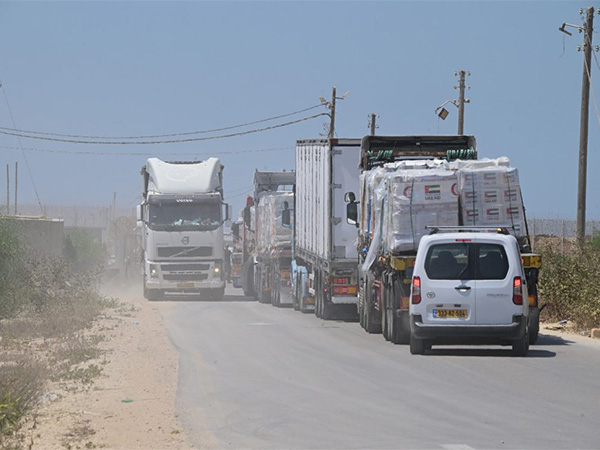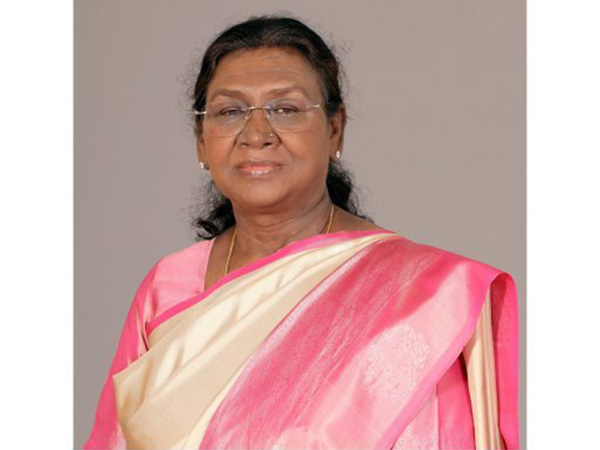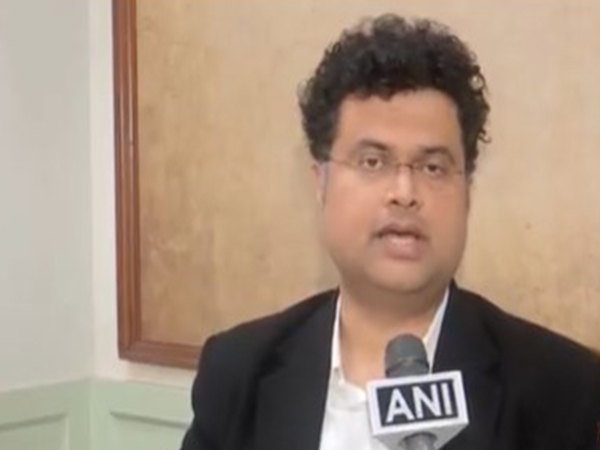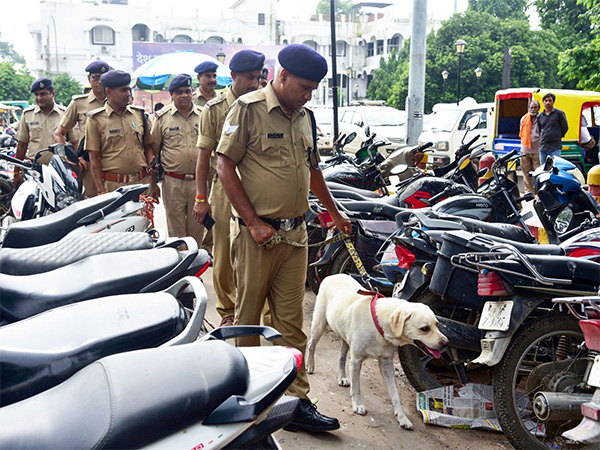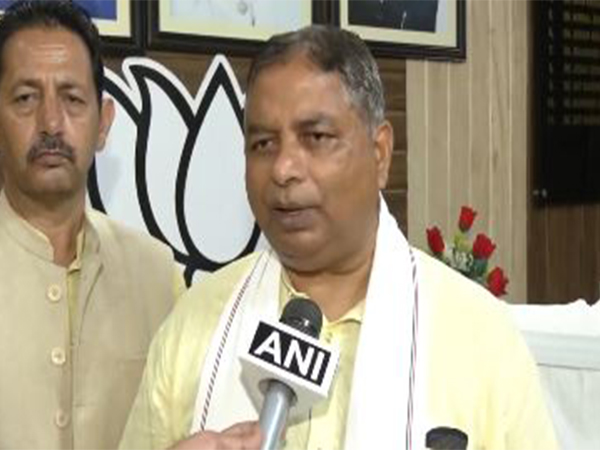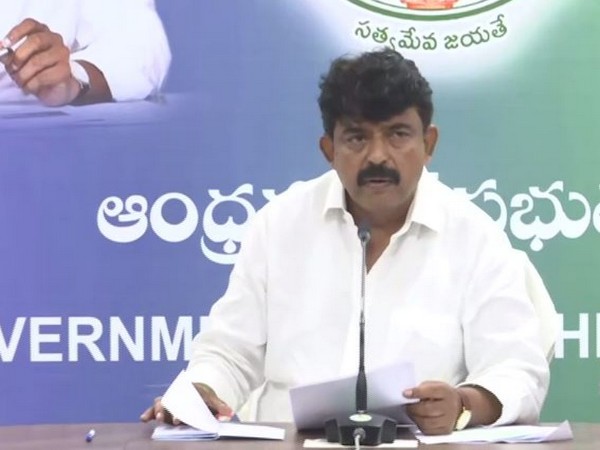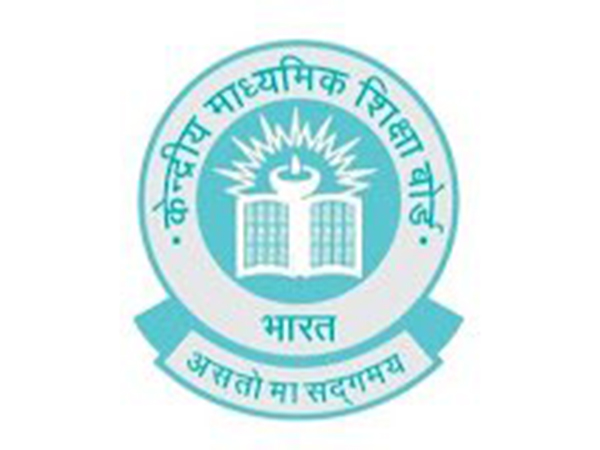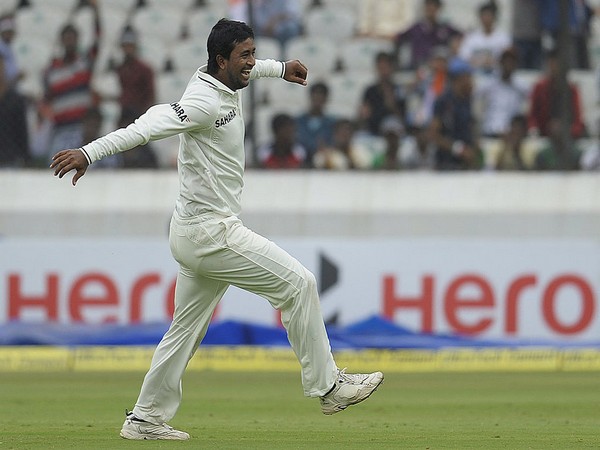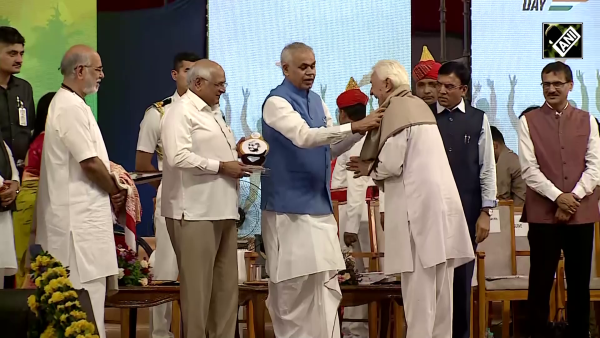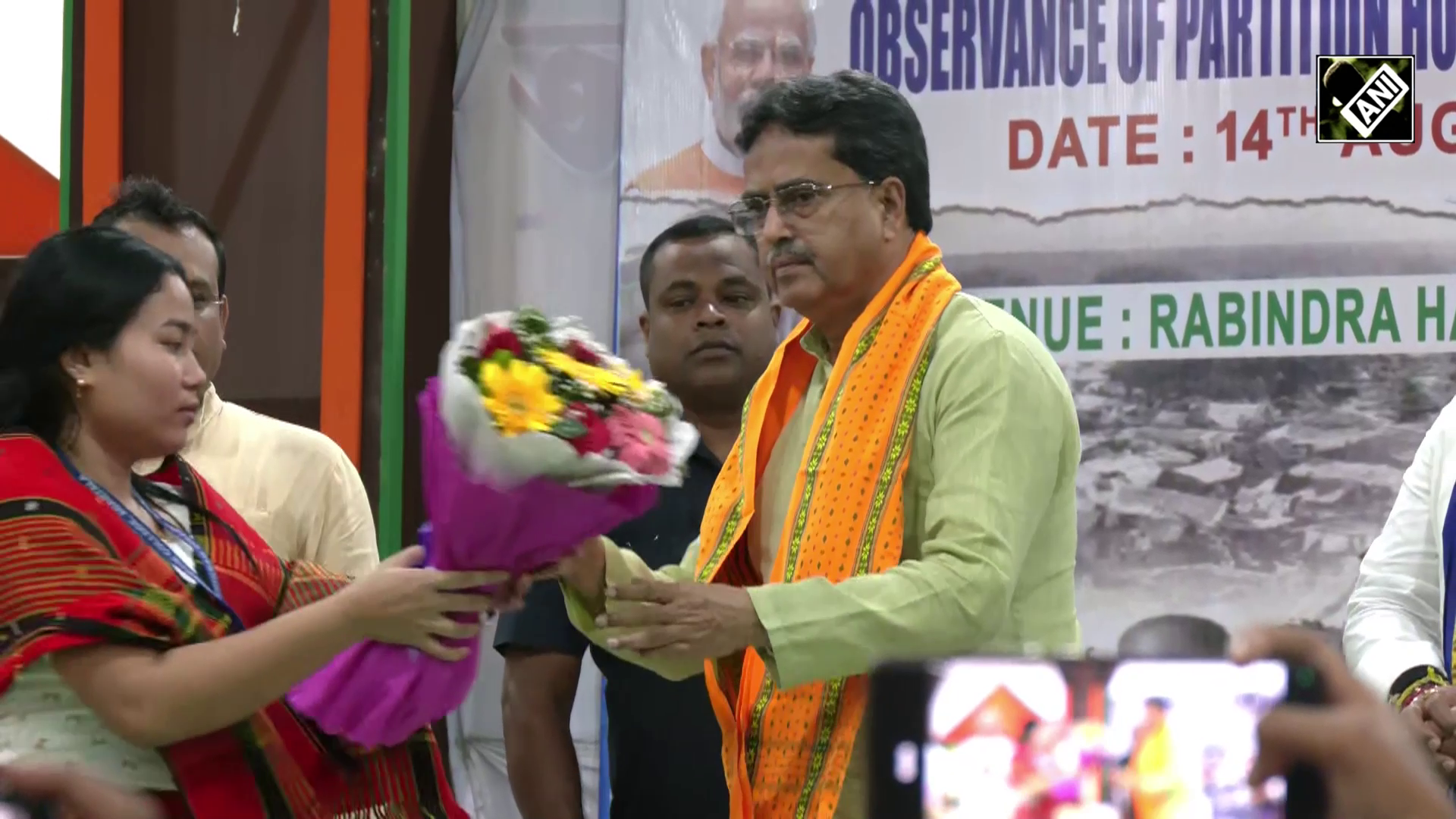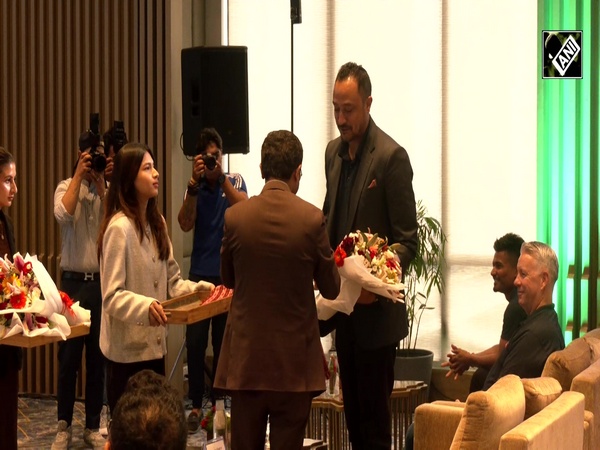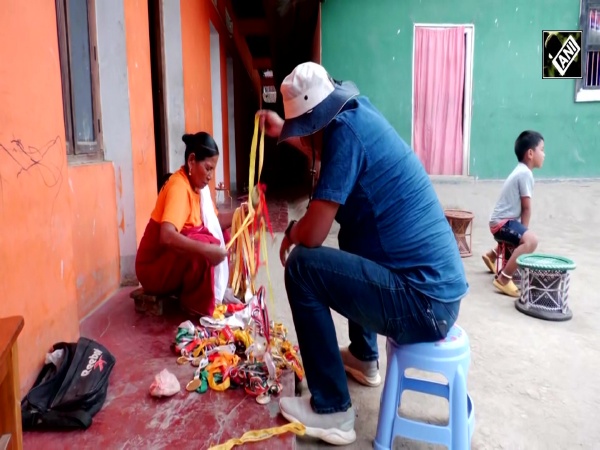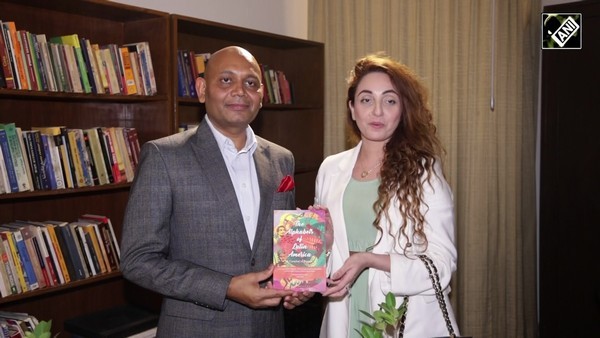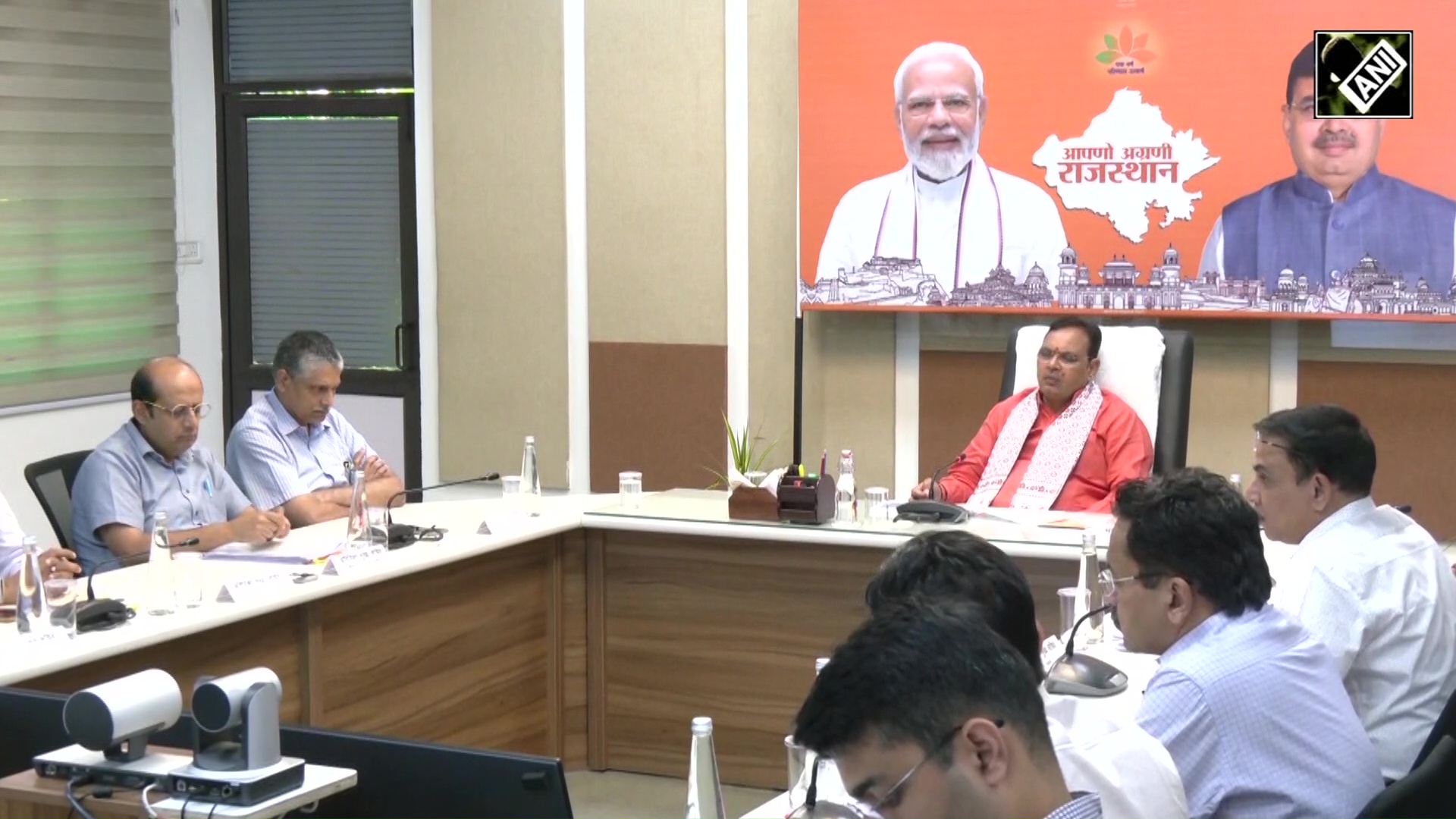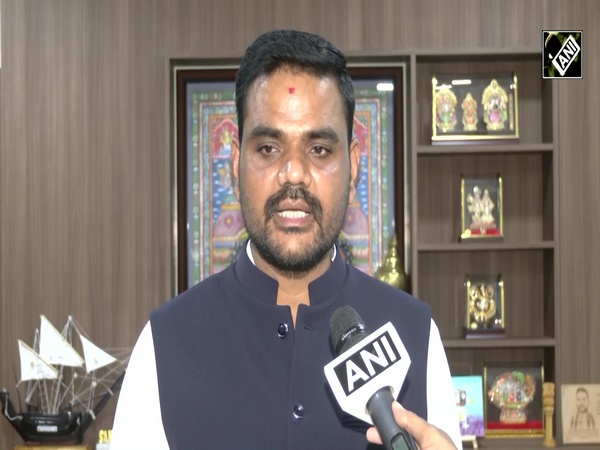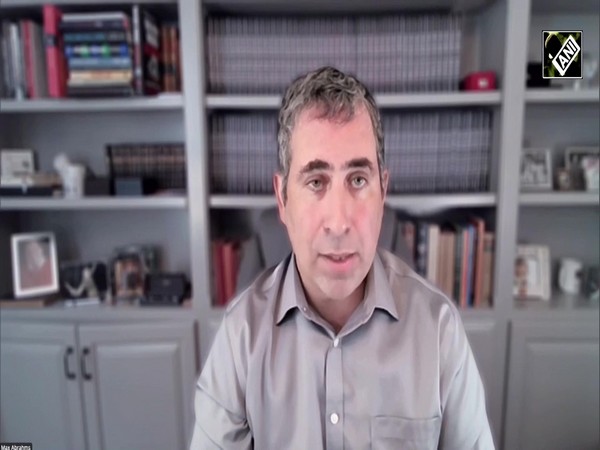If some of biggest resource providers for UN are kept out, it's not good for organization: Jaishankar
Mar 08, 2024

Tokyo [Japan], March 8 : External Affairs Minister S Jaishankar on Friday highlighted that if the most populous countries in the world and some of the biggest resource providers for the UN are kept out, it is not good for the United Nations Security Council.
Speaking at the Nikkei Forum on India-Japan Special Strategic Partnership, he emphasised the need for the realization to give India and Japan the kind of seats or positions they deserve in the council.
"If the most populous countries in the world are kept out, or if some of the biggest resource providers for the UN are kept out, that's not good for the organization. So we want that realization to really grow," he said.
Jaishankar is on a visit to Japan from March 6-8 for the 16th India-Japan Foreign Minister's Strategic Dialogue with his Japanese counterpart, Yoko Kamikawa.
EAM Jaishankar stressed that most of us actually understand that there is a great need to reform the United Nations because, when the United Nations was founded, there were roughly 50 countries that were members. Meanwhile, today, there are almost 200 countries that are members.
"So in any organization, if the membership has grown four times, the leadership and the decision-making of that organization cannot remain the same," he said.
He further said that today, on many of the key issues in the world, the UN is not playing the role that it should be playing.
Jaishankar stressed that there have been changes in the Security Council in the past.
"It's not like there has never been change. There has been a change. The Security Council has been expanded once to bring in more non-permanent members," he said.
He added, "We know change will come. We know there will be a change in the Security Council. The real issue is when it comes, how long it takes, and what form it will take."
Jaishankar said that even if you look at what form it will take, some parts of it are quite obvious.
"There is not a single African member. There is not a single Latin American member. Africa has a continent of more than 50 nations, but there are no members," he said.
In the case of Asia, yes, there is one member but "if you look today at the dynamism of Asia, the demographics of Asia, and the size of nations, I think there's a very, very strong case as well."
He added that these discussions are going on. However, in many ways, the discussions have not progressed because those who are opposed to any change have found ways of delaying it.
"But we have now reached a stage where different countries and groups are presenting. There is a process called the intergovernmental negotiation (IGN) process," he stressed.
The process is currently chaired by Kuwait and Austria, and they are today being presented with different models of how such a change can happen.
Moreover, the developing countries, the global south, have presented their model. It's a group called L-69.
"Mexico has presented its model on behalf of small countries. Lichenstein has presented its model, I think G4, i.e. India, Japan, Germany and Brazil will be presenting our model as well," he added.
Further, he was certain that there would be an African presentation too.
"So it is a process that is moving. We believe that the process cannot be stopped. It can be delayed. But for the good of the world, the sooner it happens, the better it will be," he said.

